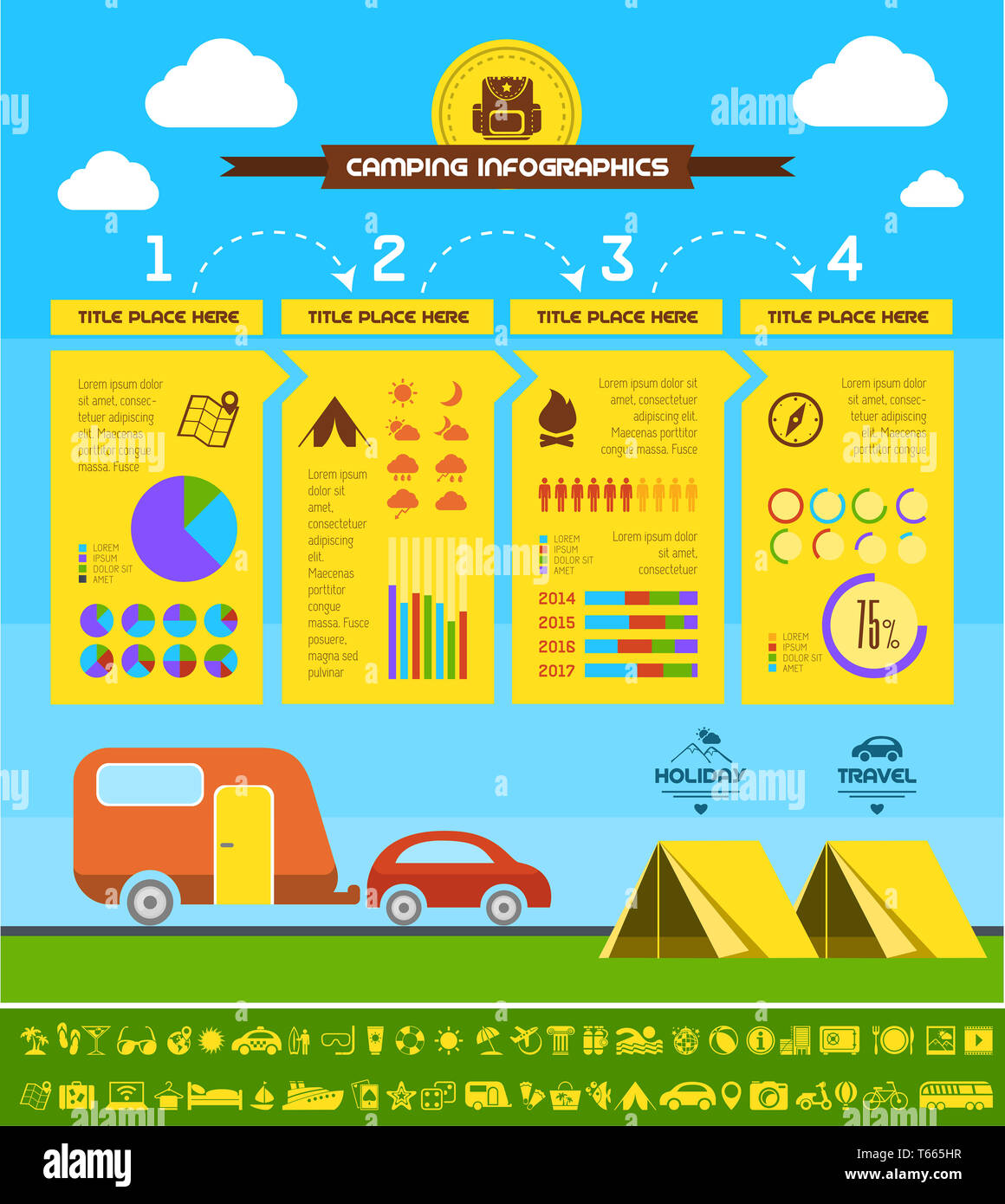Selecting the right structure product is vital for event camping tents. Whether it's layered steel for budget tents or anodized light weight aluminum for sturdy applications, there are numerous factors to consider to remember.
Steel structures prevail in lower-priced pop-up outdoors tents however are prone to corrosion despite coverings and require routine maintenance. Light weight aluminum is light-weight, normally stands up to corrosion, and stands up well in moist or seaside atmospheres.
Steel
When it pertains to making certain the longevity of custom tents, the material used in their frames plays a crucial duty. Steel and light weight aluminum alloys both use costs resilience, however each offers special benefits that make it proper for different types of settings. Steel is ideal for rugged problems, while light weight aluminum excels in standing up to rust and lessening maintenance costs.
When event hosts pick the ideal tent for their demands, they require to think about factors like anticipated climate condition. For instance, structure camping tents often execute better in windy or rainy problems than post camping tents because they do not rely upon a central pole to support the structure. However, the links between frame pieces can damage in high stress situations. Determining these weaknesses and executing normal inspections can help avoid prospective damages.
Steel structures are tough to reduce, weld or form, which can call for customized devices and enhance labor prices. Furthermore, they tend to corrosion or rust quickly and might require added protection or coverings. Additionally, steel is very hefty and can cause concerns when transporting a canopy. It's additionally difficult to keep for extended periods of time because it uses up a lot more space than aluminum structures.
Light weight aluminum
Aluminum is a prominent structure product for canopy camping tents since it's light-weight, rust-resistant, and very easy to transfer and establish. It additionally gives a more steady sanctuary throughout gusty problems than steel frames. Aluminum is less susceptible to tearing and any kind of damages can be easily repaired, extending the life of the camping tent. It additionally breathes to lower condensation and supplies premium acoustic insulation to dampen outdoors noise.
The toughness of light weight aluminum frame tents is better enhanced by the all-natural oxidation buildings of the steel. It creates a portable oxide layer that protects the surface area from rust and spots. Because of this, the durability of an aluminum turn up camping tent can be improved also further when the structure is anodized.
Plated aluminum is more powerful than steel and can endure high wind rates. On top of that, the coating stands up to corrosion and discolorations, extending the life-span of the tent. Additionally, anodized light weight aluminum is recyclable and sustainable, making it suitable for organizations seeking LEED qualification. The mix of these buildings makes light weight aluminum a more economical alternative than steel for large, durable tents, such as those made use of to fit industrial equipment and warehouse supply. Steel, on the other hand, is extra costly since it calls for pricey alloys such as nitrogen, molybdenum, and chromium to enhance toughness.
Iron
Iron frame camping tents commonly last approximately 15 years if the appropriate care and maintenance tote bag is applied. This includes frequently cleansing textile and examining steel elements for corrosion and wear. By taking these actions, event hosts can maximize the dependability of their frameworks and ensure their ongoing performance in difficult environments.
Steel is an ideal product for creating resilient camping tents, specifically for use in severe weather. It is a solid, tough, and economical material that offers security and resilience for a variety of applications. However, steel is prone to rusting in moist and seaside environments. The addition of protective finishes and normal upkeep can assist to minimize this danger, however these initiatives increase general maintenance expenses.
On the other hand, light weight aluminum is an extra durable choice for a customized camping tent due to its natural oxidation residential properties. When anodized, light weight aluminum ends up being super-strong and approximately 3 times tougher than standard aluminum alloys. This makes anodized aluminum the second-hardest compound beside ruby (satellites, airplane, and military lorries all use anodized light weight aluminum). Along with its resilience, anodized light weight aluminum is likewise much more resistant to corrosion than steel. These variables make light weight aluminum an excellent selection for turn up canopy camping tents and contribute to their ability to carry longer guarantees (5, 7, and even life time structure warranties). In addition, light weight aluminum is 1/3 the weight of steel permitting a much thinner framework design for more personalization choices and increased stamina.
